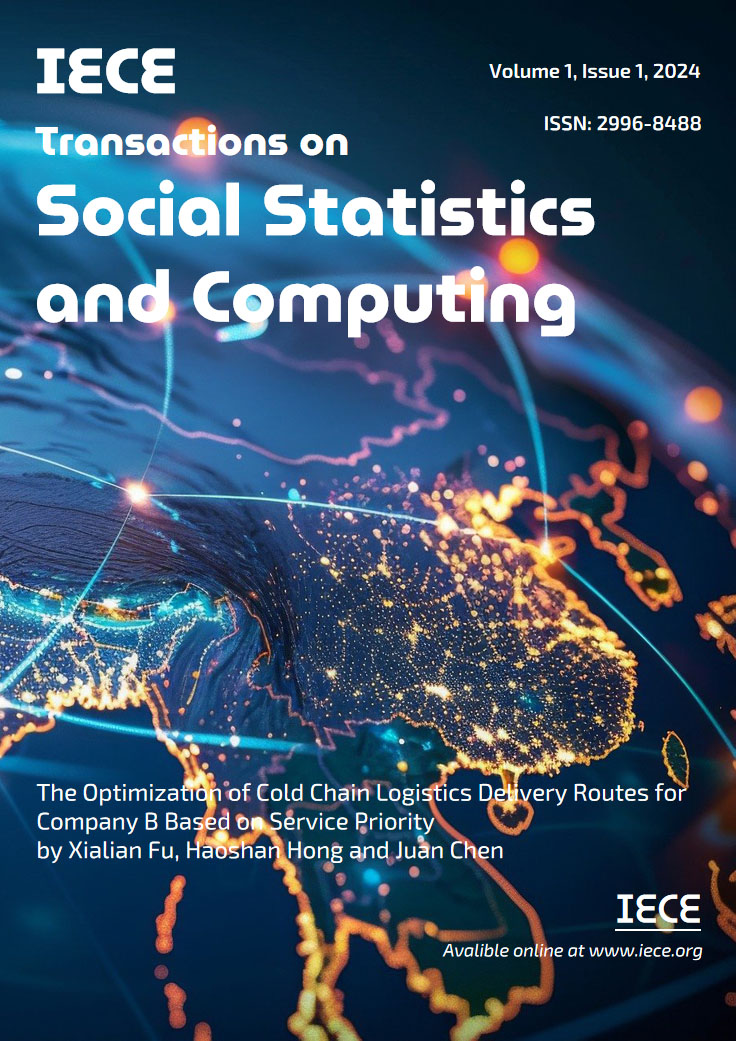Abstract
Public health emergencies have a significant impact on the safety of life and property of the people, and also exert a profound influence on various aspects of Chinese society and economy. In this study, we aim to select public health emergencies that occurred between 2018 and 2021 as empirical data. Using event analysis techniques, we systematically investigate how such emergencies affect the audit behavior of listed companies in China and the quality of their audits. Our findings indicate that public health emergencies have a significant negative impact on audit quality and also affect audit behavior, as evidenced by the increase in audit fees following the outbreak of such emergencies. By conducting empirical analysis on the impact of public health emergencies on audit quality, we aim to make audit practices more scientific, comprehensive, and efficient. This will enable the better utilization of the supervisory function of audit and enhance the quality of audit. In the context of public health emergencies, this study provides theoretical foundations and practical recommendations for auditing agencies to advance their audit practices.
Keywords
Public health emergencies
Audit quality
Audit behavior
Audit fees
Funding
Key research platforms and projects for universities in Guangdong Province, China (2023WQNCX111); Research fund project of Software Engineering Institute of Guangzhou (ky202234); Research fund project of Software Engineering Institute of Guangzhou (ky202325).
Cite This Article
APA Style
Ouyang, Y., Cai, X., & Wang Z. (2024). The Public Health Eventson the Audit Behavior and the Audit Quality: An EmpiricalStudyThe Public Health Events on the Audit Behavior and theAudit Quality: An Empirical Study. IECE Transactions on SocialStatistics and Computing, 1(1), 1–8. https://doi.org/10.62762/TSSC.2024.178395
Publisher's Note
IECE stays neutral with regard to jurisdictional claims in published maps and institutional affiliations.
Rights and permissions
Institute of Emerging and Computer Engineers (IECE) or its licensor (e.g. a society or other partner) holds exclusive rights to this article under a publishing agreement with the author(s) or other rightsholder(s); author self-archiving of the accepted manuscript version of this article is solely governed by the terms of such publishing agreement and applicable law.


 Submit Manuscript
Edit a Special Issue
Submit Manuscript
Edit a Special Issue
